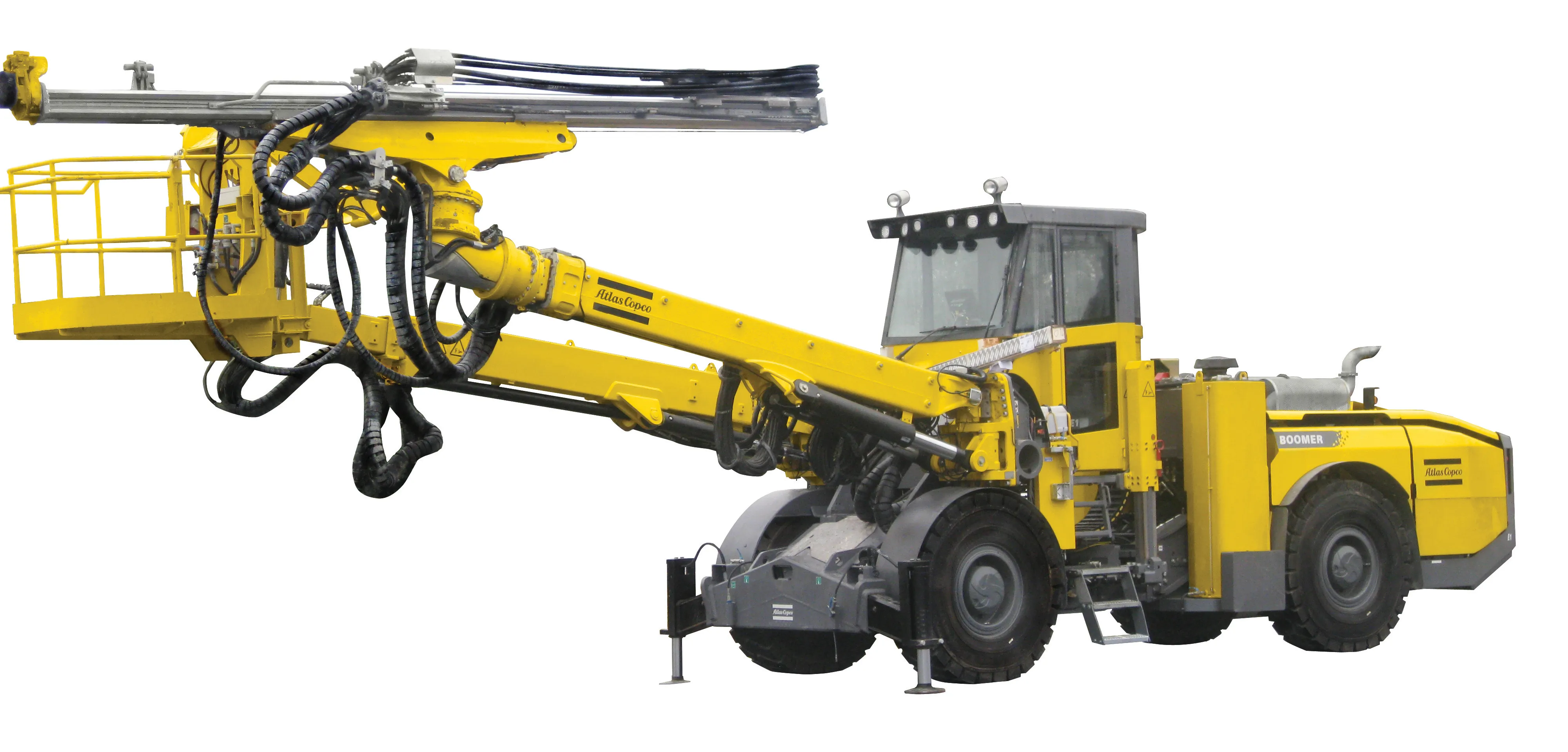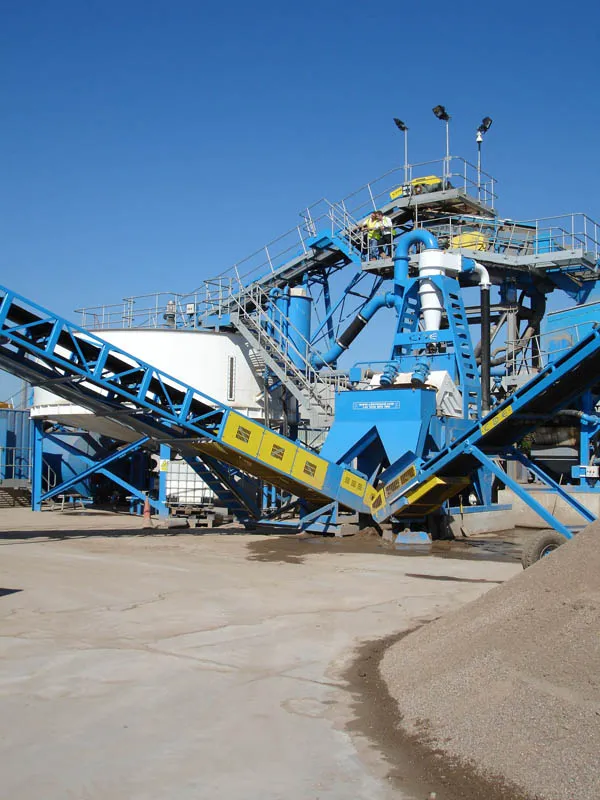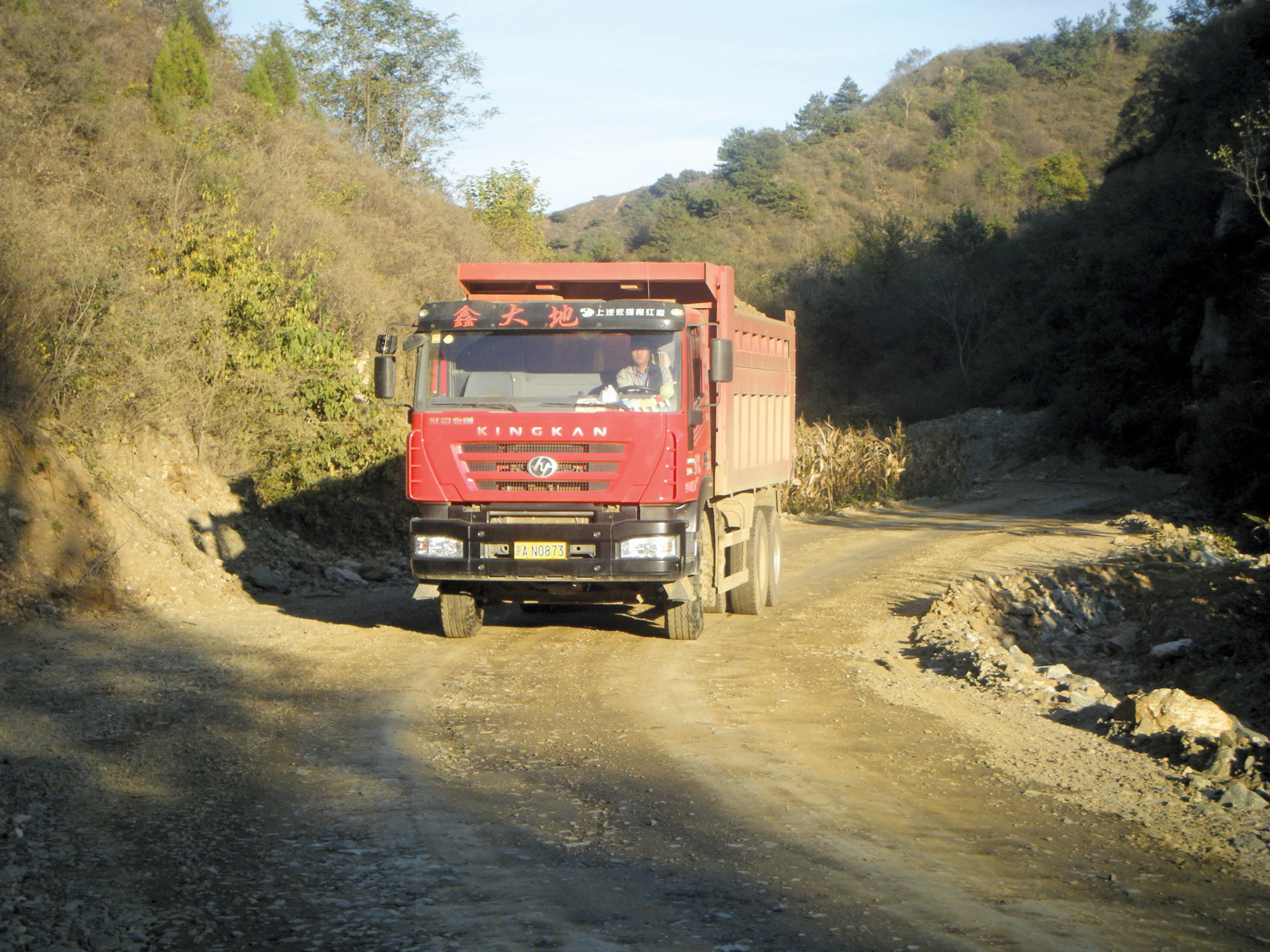Phosphate extraction is carried out on a huge scale in Morocco in harsh, hot and often remote locations. Servicing this equipment is no easy task given the conditions, with special machines having to be used
Phosphate is in high demand. It is used in fertilizer, detergent and food additives. However its fastest growing market is in the manufacturing of lithium-ion batteries, now being used widely for commercial goods as well as electric vehicles. As Morocco is the world's third-largest producer of phosphates, after the US and China, this has given its economy a major boost.
State-owned Office Chérifien des Phosphates (OCP) is the world’s leading producer of phosphate rock and in 2013 it had revenues of US$ 4.64 billion, making it a sizeable contributor to the country’s GDP.
And OCP is also sitting on the largest reserves of phosphate rock in the world too, about 85,000 million tonnes according to the United States Geological Survey (USGS).
Located 70km north of Marrakesh, Benguérir, like all OCP’s phosphate mines, is an open pit operation. It operates 24 hours/day in three shifts, employing about 775 people. Production at Benguérir’s six benches is carried out using the drill-and-blast method. Once blasting has occurred the waste is stripped by draglines and the phosphate is then loaded by electric shovel or wheeled loader onto trucks for haulage to the mine’s primary crusher for initial processing.
The mine’s current equipment fleet is comprised of six draglines and two electric shovels. There are also two large wheeled loaders, six drill rigs, 22 rigid dump trucks from 75-150tonne capacity, 24 bulldozers, three graders and three water spray trucks onsite.
Given the enormous size of many of these machines, servicing is mainly done in the field. Until 2015, tools, parts and service personnel travelled from one machine to another using a flatbed, on-road truck. But the mine’s harsh conditions and rough terrain were too difficult for the truck to cope with.
Looking for a more robust solution, in early 2014 OCP approached Volvo Construction Equipment’s Casablanca-headquartered dealer, Volvo Maroc. After careful deliberation and extensive consultations two modified A30F haulers were chosen. The haul truck chassis and frame is a standard solution from the factory, however the service unit had to be built to order.
The chassis was built in Sweden, with a local partner in Casablanca, Remorques Equipement, providing the box on the back. Equipment onboard includes a small crane, a compressor, a welding set, equipment for performing oil changes, tanks containing various oils and water, greasing equipment, and a workbench.
The design of the modified ADTs was a collaborative effort, with OCP, Volvo CE and Remorques Equipement all having input. According to Volvo CE, OCP provided a technical specification of what it wanted. Volvo CE then worked with the local supplier to make sure this would fit and the haulers could carry the load. As part of OCP’s original specification both haulers were also equipped with a fire suppression system.
Delivery was originally scheduled for April 2015, but as the project developed and the requirements from OCP became ever more complex, delivery was pushed back to June. The two haulers are now operating at the Benguérir and the Youssoufia mines.
Besides the two haulers, Volvo CE also provided training for the operators and technicians as part of its Customer Care package. The technicians received four days' training with a trainer who came over from France especially, and Volvo Maroc will provide all servicing up to 5,000 hours, or 18 months, with a check every 1,000 hours.
The two A30Fs are the first machines Volvo CE has supplied to OCP and the firm is hopeful that there will be more. The company is now on a list of OCP approved suppliers, so can submit for other tenders, which it has been doing.
Morocco extraction site service capability
Phosphate extraction is carried out on a huge scale in Morocco in harsh, hot and often remote locations. Servicing this equipment is no easy task given the conditions, with special machines having to be used. Phosphate is in high demand. It is used in fertilizer, detergent and food additives. However its fastest growing market is in the manufacturing of lithium-ion batteries, now being used widely for commercial goods as well as electric vehicles. As Morocco is the world's third-largest producer of phosphat
July 15, 2016
Read time: 4 mins








